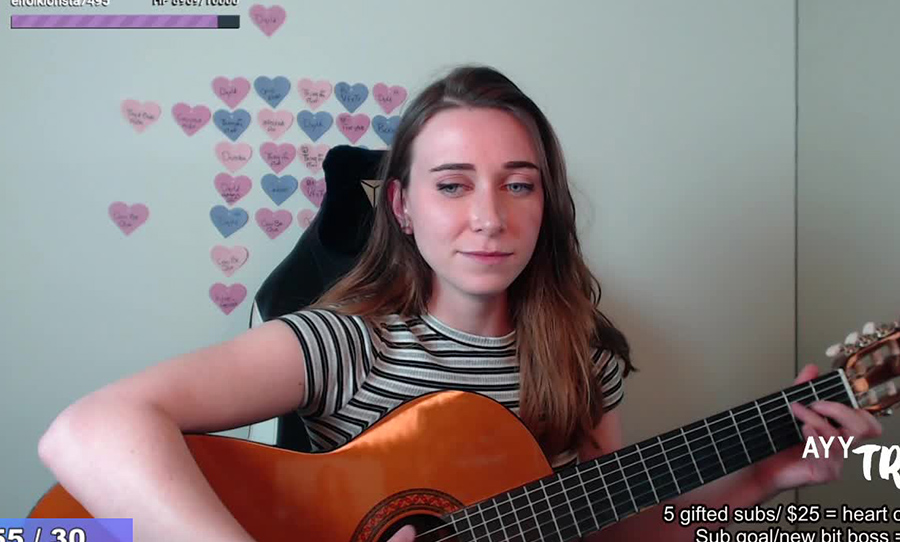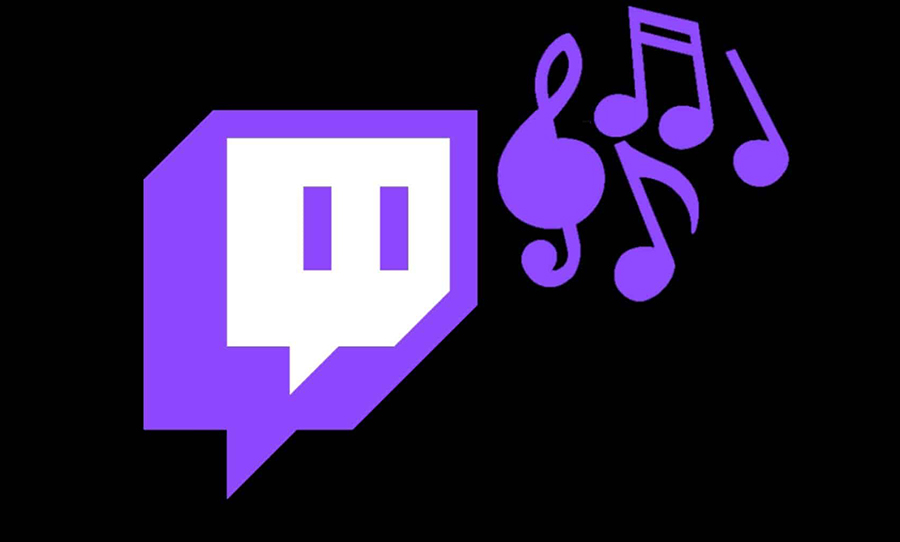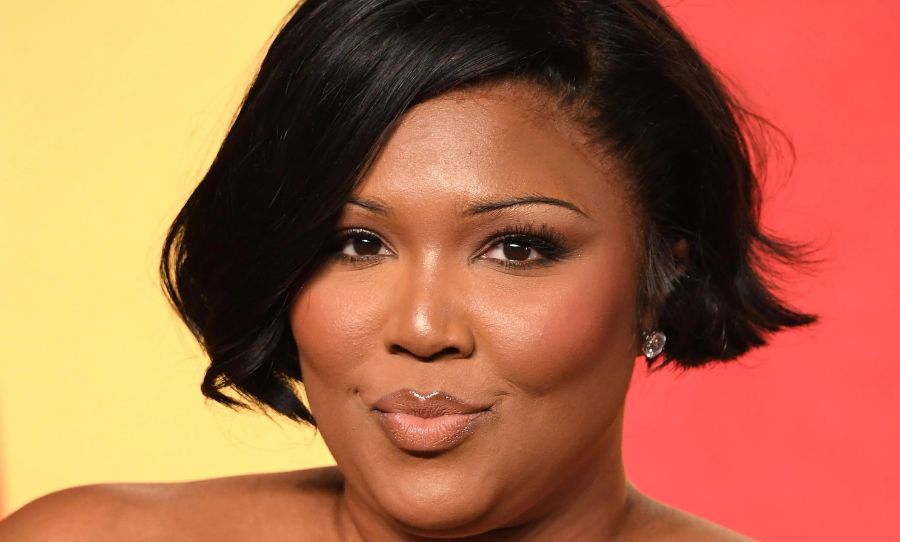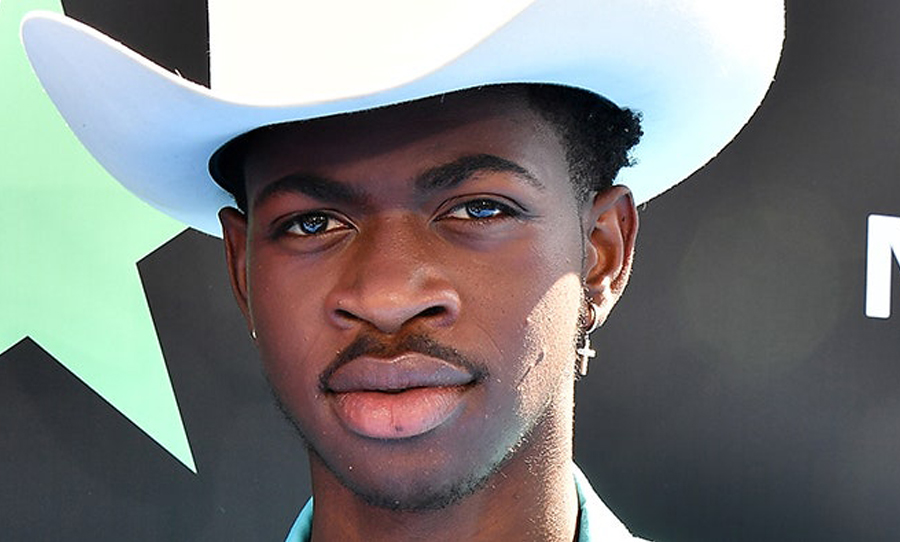If you were thinking of performing Wonderwall live from your bedroom to a bunch of fans on Twitch, you better think again.
The saga of Twitch and DMCA continues into a new chapter, with news that the platform has cracked down on cover versions of songs. Despite its 2020 campaign to encourage musicians to use the platform, Twitch has changed its opinion on cover songs, resulting in some confusion and anger amongst users.
Twitch partner and streamer AyyTrae is just one example of this controversy. Despite having performed covers in the past, meeting the guidelines set by Twitch itself, she received a warning email stating that performing covers on the platform could result in a ban. While Twitch has been known to enforce their DMCA policies extremely strictly, with users getting three chances before being banned, covers had never been a problem in the past.

Photo: AyyTrae
“Previously, Twitch said it was fine as long as you’re controlling every aspect of the music, so I was playing the guitar and singing,” AyyTrae says. “So it should have been fine, but now they’re saying that I cannot have covers of music.”
In defence of Twitch, covers do still breach copyright infringement laws, making this particular situation a tricky one. That being said, its guidelines allowed users to perform covers provided they create and control all aspects of the sound, and this sudden backflip comes off as nothing more but a lack of care for its musical content creators. Streamers like AyyTrae will still be allowed to perform covers, as long as the audio is not present in their VOD (video on demand).
This latest controversy has seen Twitch inundated with emails, raising the question of whether the guidelines will be revised in the near future. With the pandemic resulting in more and more musicians and other entertainers making use of online platforms to reach their fans, it’s no surprise that many of these issues have become more prevalent in the last 18 months. Developing and keeping an audience is hard enough, before the pandemic. Platforms such as Twitch should be doing what they can to accommodate these artists, as they make up a large portion of their content creators, and they are currently in the position to help an industry that has suffered so much.
DMCA or Digital Millennium Copyright Act is not a clear cut or simple topic, and without it, the music industry would collapse as well. 2020 saw Twitch hire a Music Partnership and Licensing Manager, with the intention of negotiating deals with key music industry partners, and reaching a solution for an issue they are well aware of.
With no clear answer currently available, it’s likely that these issues will remain to be a problem for the time being. As an online musical presence continues to grow, it is up to platforms like Twitch to lead the charge of legal innovation, providing the best result for artists, streamers and themselves.



